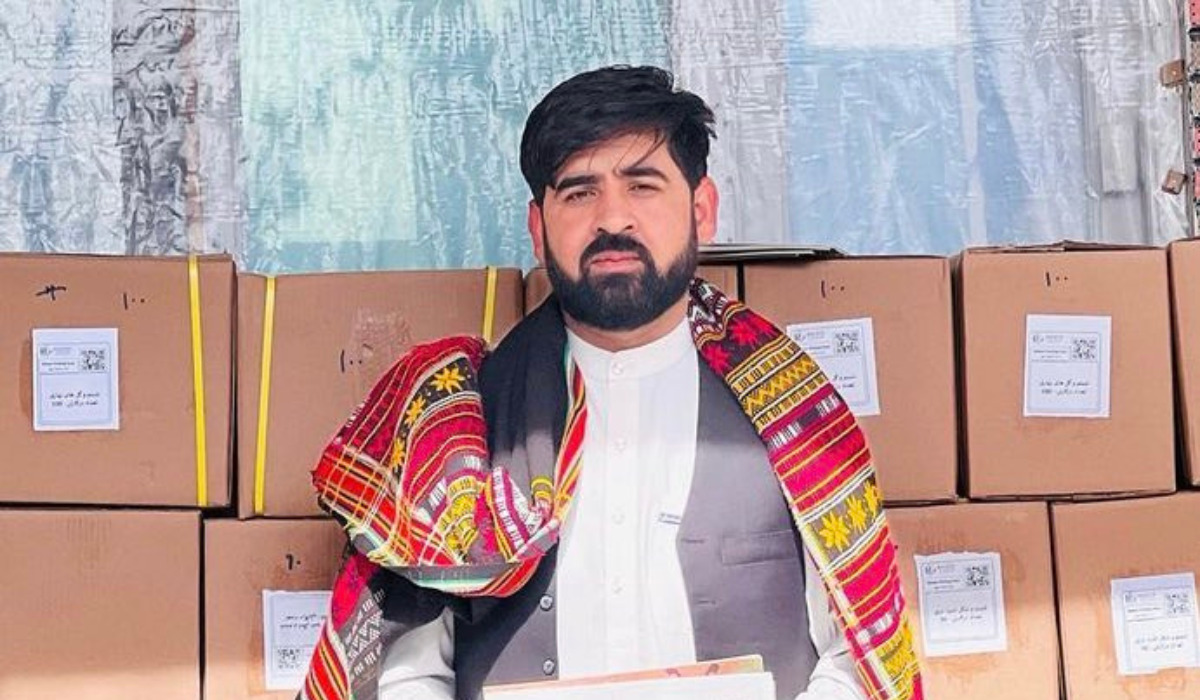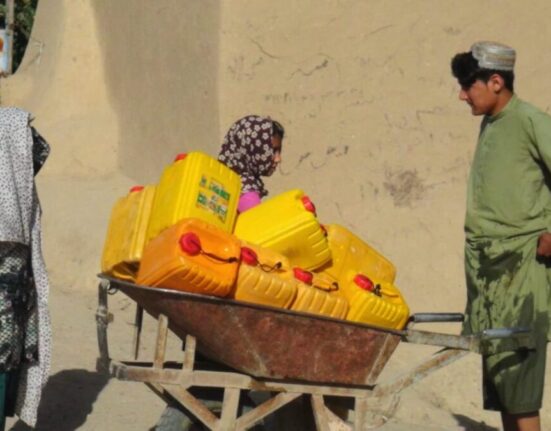The United Nations Special Rapporteur on Human Rights for Afghanistan, Richard Bennett, has made a fervent appeal for the immediate and unconditional release of Matiullah Wesa, a prominent education activist, who has been in the custody of the Taliban for 125 days “without any formal charges brought against him.”
Taking to Twitter on Saturday, Bennett voiced his concern over Wesa’s arbitrary and unjustified detention, stating, “Matiullah Wesa, an education activist and founder of Pen Path has now been detained for 125 days without charge. His detention is arbitrary and unjustified. Once again I call for his immediate and unconditional release.”
Wesa’s family is gripped with apprehension over his uncertain fate. Despite the challenging circumstances, Wesa has shown unwavering dedication to promoting education for both boys and girls in various parts of Afghanistan, encouraging families to enroll their children in school.
However, activists said that the Taliban’s response to Wesa’s efforts was to arrest him. Presently, he is being held in the custody of Taliban intelligence, and there has been no official communication regarding his release.
Amnesty International has also joined the chorus of voices calling for Wesa’s unconditional release, expressing deep concern over his illegal and arbitrary deportation by the Taliban.
Zaman Sultani, the South Asia researcher at Amnesty International, emphasized, “Amnesty International is seriously demanding the unconditional release of Matiullah Wesa. It has been more than three months since he was deported illegally and arbitrarily by the Taliban.”
The situation has elicited further alarm from Human Rights Watch, which views Wesa’s arrest and imprisonment as a troubling sign for anyone striving to improve the living conditions in Afghanistan. Heather Barr, a researcher at Human Rights Watch, stressed their apprehensions about the uncertain fate of this education activist.
Wesa is not the sole activist facing such dire circumstances. Women’s rights and human rights activists who have previously advocated for the resumption of girls’ education under the Taliban’s rule have also faced multiple lawsuits. The repressive actions of the Taliban, including detentions and torture, have created an atmosphere of fear, stifling their ability to pursue legal recourse.
Mawluda Tawana, a women’s rights activist, expressed concern over the escalating restrictions imposed by the Taliban on protesters in Afghanistan. She decried the deteriorating situation and the resulting inactivity against the Taliban’s crimes.
As the Taliban maintains its silence on the whereabouts and status of Matiullah Wesa, international pressure continues to mount for his release, and the plight of activists facing similar challenges remains a critical concern in Afghanistan’s uncertain landscape.





